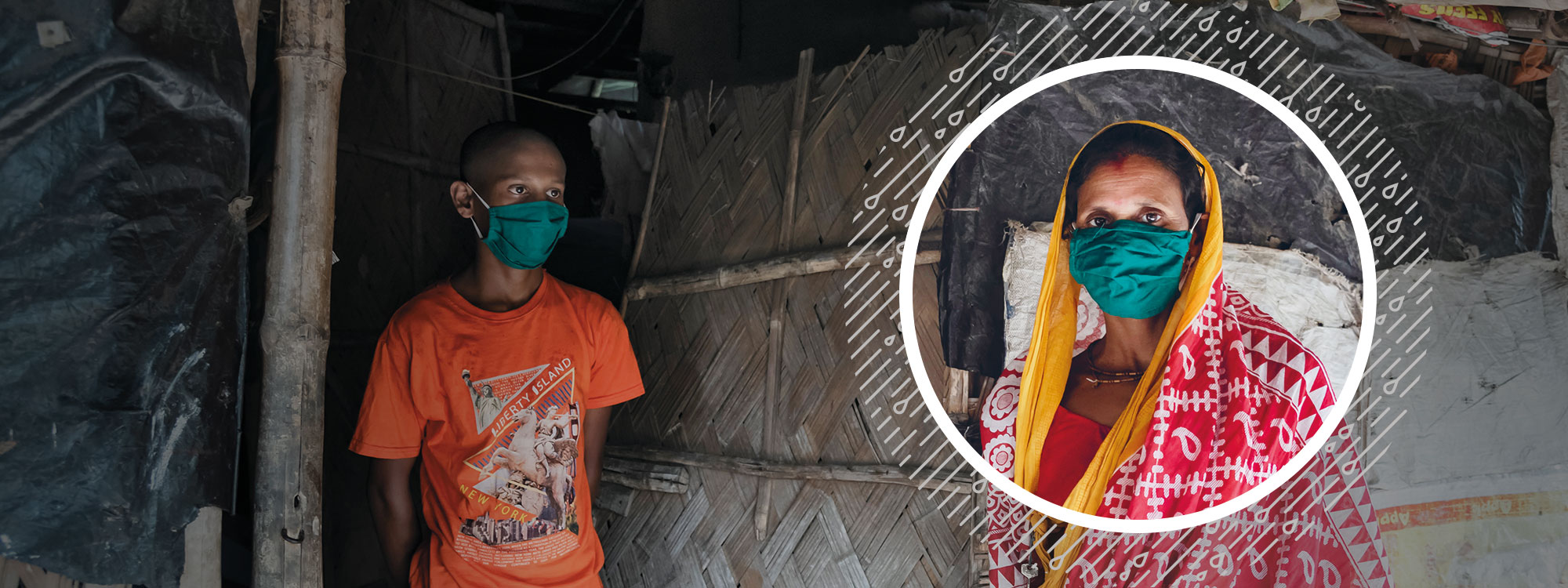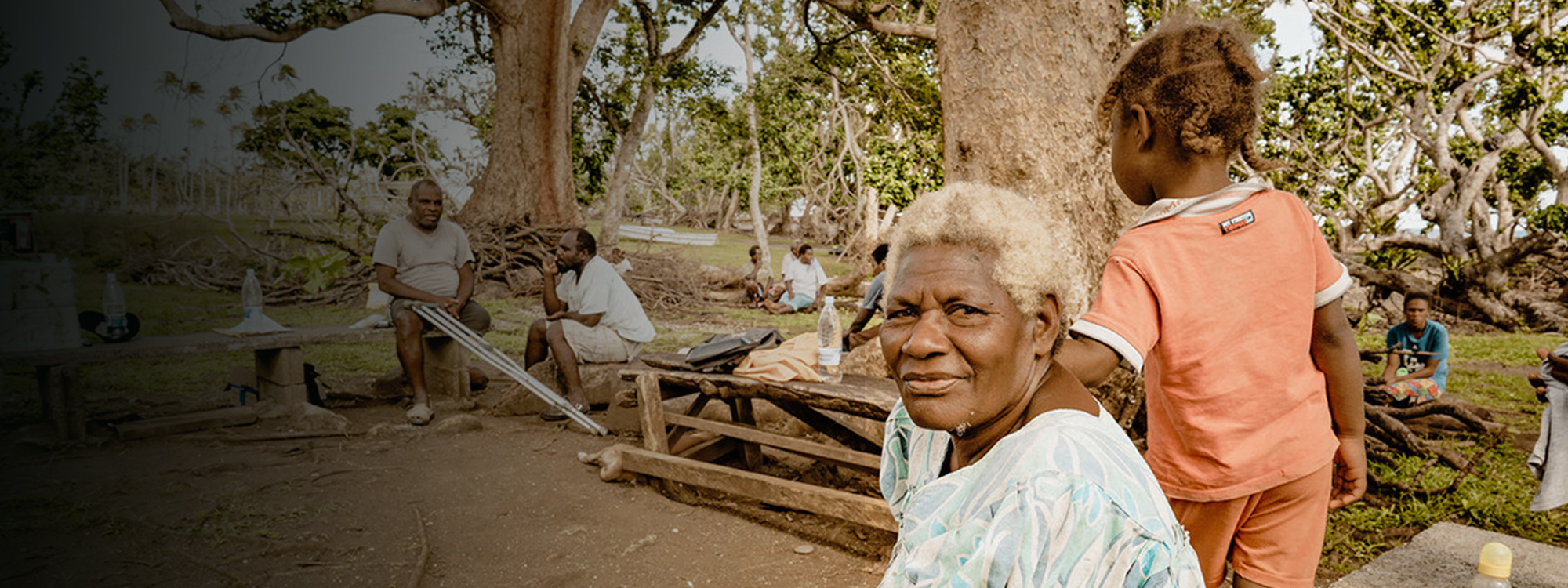Right now, the world is facing a climate crisis. As glaciers shrink, sea levels are rising and with it the risk of devastating floods.
And shifting weather patterns are making storms more extreme. In the last ten years alone, 83% of all disasters triggered by natural hazards were caused by extreme weather (source: Environment Journal).
The climate crisis is a humanitarian crisis, pushing already vulnerable families to the very brink of survival.
At ShelterBox, we see this every day as we work with communities who have lost homes, livelihoods, and loved ones to storms, flooding, and drought.
A CYCLONE LIKE NO OTHER
Imagine living in a country where extreme weather has crushed the infrastructure of your community. A disaster that you didn’t contribute to and that arrived without warning destroys your home and livelihood.
That’s what happened to Sagarika. For 25 years, she had lived with her family in their cherished West Bengal home. A home that had managed to withstand the storms common to the region. However, Cyclone Amphan was different.
It hit with devastating force and the family was forced to flee. When they returned, their home was in pieces. Their possessions were destroyed. The rice they needed to survive was gone. Sagarika told us that the weather is changing so much.
We were able to provide the family with a shelter kit, as well as other essentials like hygiene kits, household items and face masks.
Today they fear for their future in an area they cannot afford to move away from. And Sagarika told us how they will be keeping the tarpaulins safe for the future too, ready for the next storm.

SHELTERBOX AT THE FRONTLINE OF THE CLIMATE CRISIS
Climate change can make people feel powerless to make a difference in the face of such an overwhelming problem.
With your support, we can give power back to the people facing disaster. We can continue to adapt our aid package to best meet the communities’ needs in the crucial months and years ahead.
We also want to make sure we have prepositioning hubs for our aid, in strategic ‘hotspots’ around the world – each ready with the right kind of aid for the region.
That way we can get aid more quickly and efficiently to where it’s needed most. We’re planning ahead, doing everything we can to be ready to help people impacted by the climate crisis.
We are already on the frontline in this climate crisis, and now we need your help to be ready again, like never before. As the climate crisis intensifies, so will our work – to provide the essential support people like Sagarika need to rebuild their homes and their lives.


